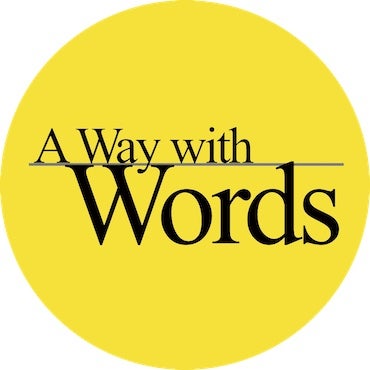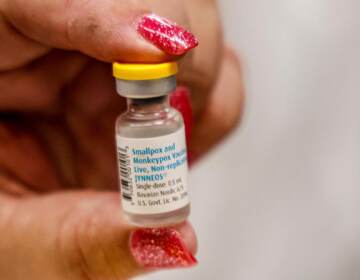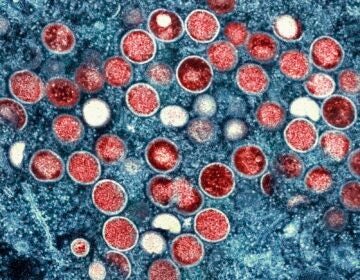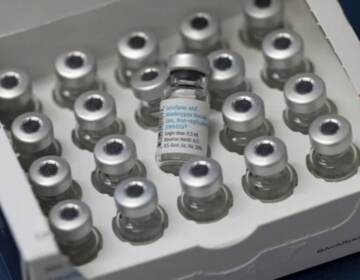Philly draws 22 proposals from health orgs vying for grants to expand monkeypox access, equity
They have submitted proposals to the Philadelphia Department of Public Health to expand vaccination and outreach efforts with funding from the city.
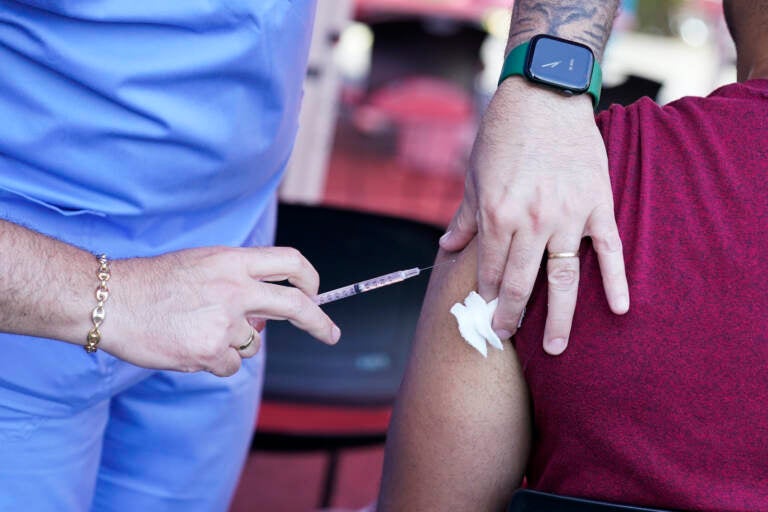
File photo: A nurse administers a monkeypox vaccine at a walk-in clinic at the North Jersey Community Research Initiative in Newark, N.J., Tuesday, Aug. 16, 2022. (AP Photo/Seth Wenig, File)
Nearly 5,800 monkeypox vaccine doses have been administered in Philadelphia so far, but disparities in the rollout have prompted the city to focus its efforts on reaching underserved communities and “difficult to reach” residents.
About 22 proposals from local organizations and health providers have been submitted to the Philadelphia Department of Public Health to expand vaccination and outreach efforts with funding from the city, which will ultimately award an estimated 10 grants of up to $50,000 each.
The submission turnout was higher than anticipated, said health officials. Final contract awards will be decided in early October.
The local monkeypox outbreak continues to disproportionately affect men who have sex with men and other people who’ve been in close, intimate contact with someone who has the disease’s trademark rash or lesions.
City data shows that more than half of monkeypox vaccine doses have gone to white residents, despite a majority of cases – 61% – occurring among Black residents.
“The very people that they are saying are most at risk initially were not getting the vaccination, because it wasn’t given in a way that was obtainable to them,” said Sebrina Tate, executive director of Bebashi.
Bebashi is a nonprofit agency that focuses on delivering health services and HIV care to Black and brown residents in Philadelphia. It joins organizations vying for the city grants.
Health providers say expanded eligibility for the vaccines has helped to a degree in reducing existing disparities. But Tate said it’s not enough to solve the problem.
“This is specifically our target population,” she said. “And it’s unfortunate, because the money that’s being offered to do the vaccinations and do the outreach, it’s not a lot. It’s not a lot of money. And we’ve been doing the work prior to without any funds.”
Tate said having partnerships already in place with organizations that regularly serve marginalized communities can help get information and vaccines to residents who are less likely to seek care at places where they may feel at risk of stigmatization and discrimination.
“They come here [Bebashi], because they have a relationship…they trust the people that they work with,” she said. “They’re more comfortable saying, ‘Hey, you know, I do sex work,’ ‘Hey, I’ve had multiple partners,’ ‘Hey, I’m at risk,’ or ‘Something’s happening and I don’t feel well,” verses at places where that’s not what they do.”
Other applicants include the Black Doctors Consortium and the Partnership Comprehensive Care Practice at Drexel Medicine.
Monkeypox cases in Philadelphia have dropped in recent weeks. Cases have also declined in other cities and countries, making World Health Organization leaders hopeful that this monkeypox outbreak can one day be stopped and eliminated.
WHYY is your source for fact-based, in-depth journalism and information. As a nonprofit organization, we rely on financial support from readers like you. Please give today.
